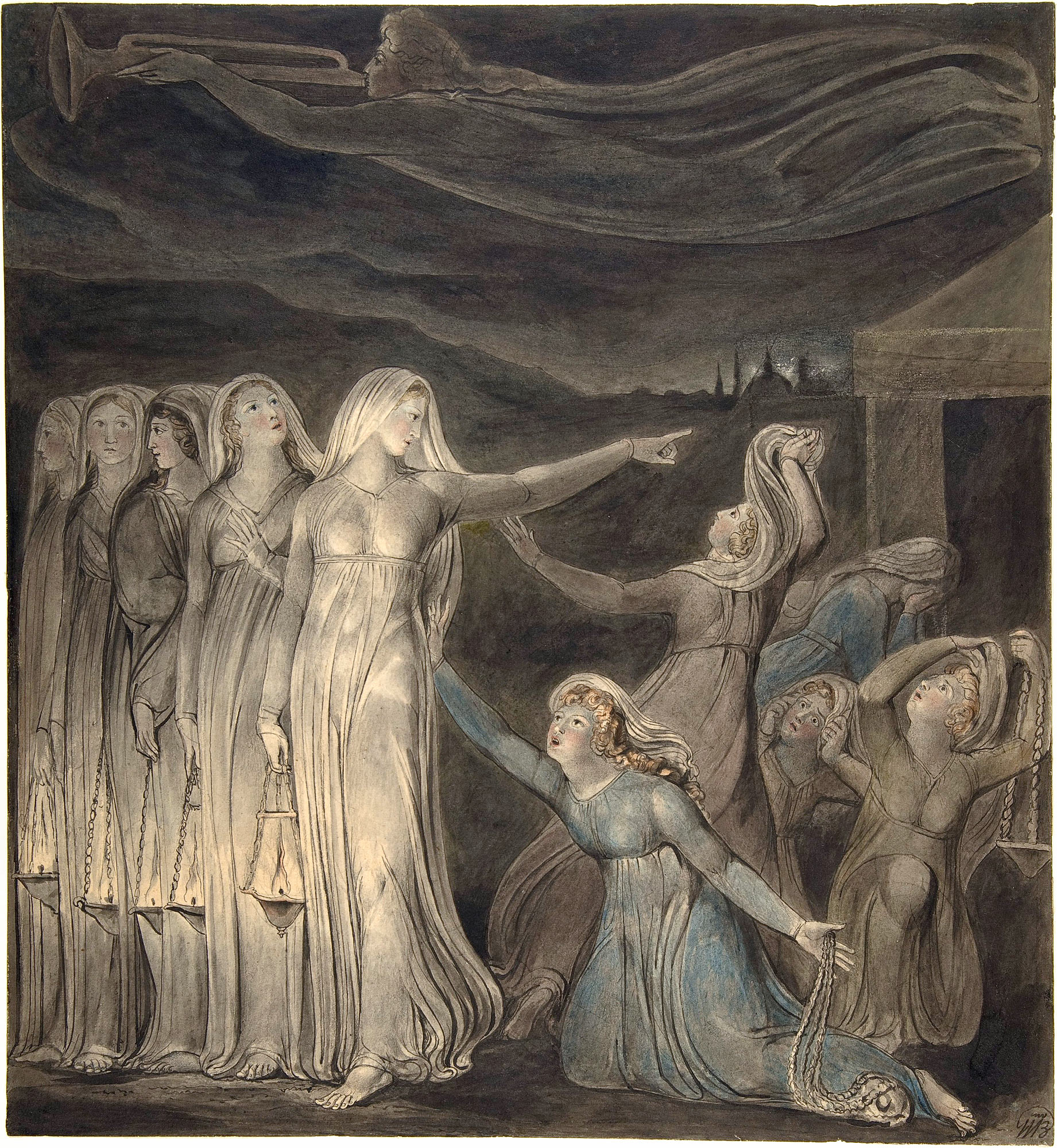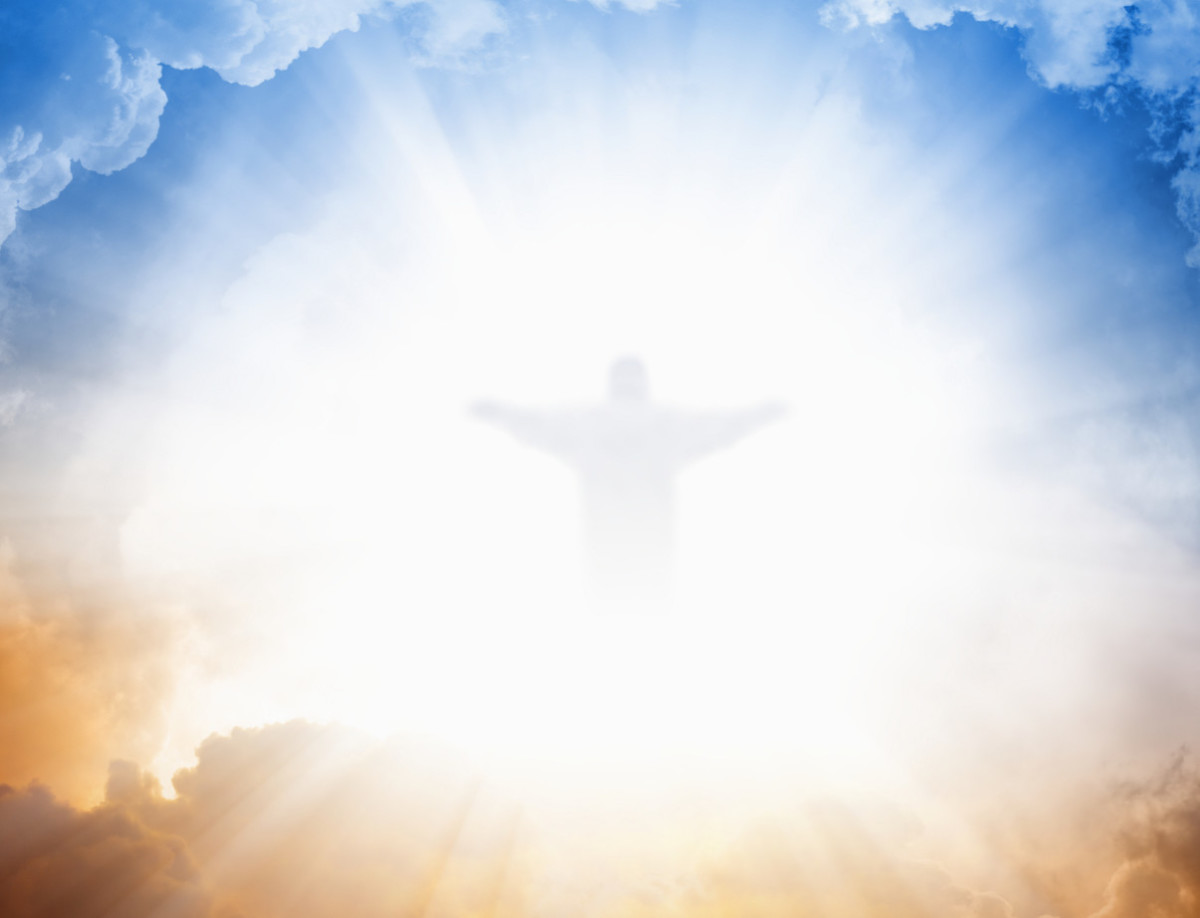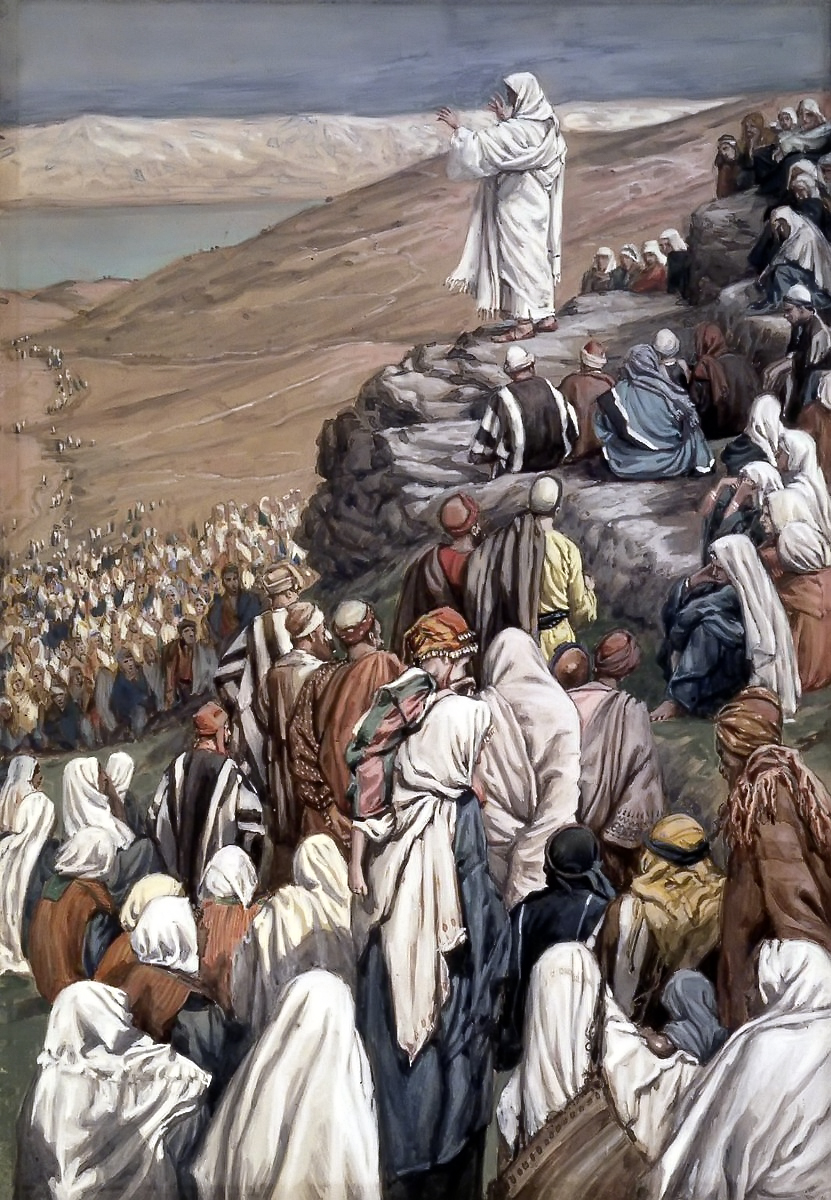Month: November 2018
-

Last Sunday of the Church Year (Matthew 25:1-13)
Bethlehem Lutheran & Bethel Lutheran Church, Lebanon & Sweet Home, OR Last Sunday of the Church Year + November 25, 2018 Text: Matthew 25:1-13 We can all agree that being prepared is important. If you are prepared for something, it will be easier to meet when it comes. This is true of things we…
-

Second to Last Sunday of the Church Year (Matthew 25:31-46)
Bethlehem Lutheran & Bethel Lutheran Church, Lebanon & Sweet Home, OR Second to Last Sunday of the Church Year + November 18, 2018 Baptism of Nathan L. Vasquez Text: Matthew 25:31-46 It’s no myth from the past or a method of keeping people in line. Every person will appear before the judgment seat of Christ. …
-

Third to Last Sunday of the Church Year (Trinity 25)
Bethlehem Lutheran & Bethel Lutheran, Lebanon & Sweet Home, OR Third to Last Sunday of the Church Year (Trinity 25) + November 11, 2018 Text: Exodus 32:1-20 Waiting is hard. I don’t know anyone who is perfectly patient about rising above their present troubles. Wouldn’t it be great if we could always do what the…
-
Hymn Notes (3rd to Last Sunday of the Church Year)
LSB 655 Lord, Keep Us Steadfast in Your Word is a children’s hymn that Martin Luther composed in 1541-42. At that time, the Evangelical (later called Lutheran) church was under ongoing threat by those loyal to the pope. In addition, the advancement of the Turks into the region of Budapest brought war to the eastern…
-

Hymn Notes (All Saints Day)
Jerusalem the Golden, written by Benedictine monk, Bernard of Cluny (France), echoesthe hope of all the faithful. Based on visions from Revelation 21 and 7, “we know not what joys await us there,” but it will be our eternal Sabbath rest andhome with our God. In Ye Watchers and Ye Holy Ones, we sing of…
-

All Saints Day (observed) (Revelation 7:9-14)
Bethlehem Lutheran & Bethel Lutheran Church, Lebanon & Sweet Home, OR All Saints Day (observed) + November 4, 2018 Text: Revelation 7:9-14 9 After this I looked, and behold, a great multitude that no one could number, from every nation, from all tribes and peoples and languages, standing before the throne and before the Lamb, clothed…